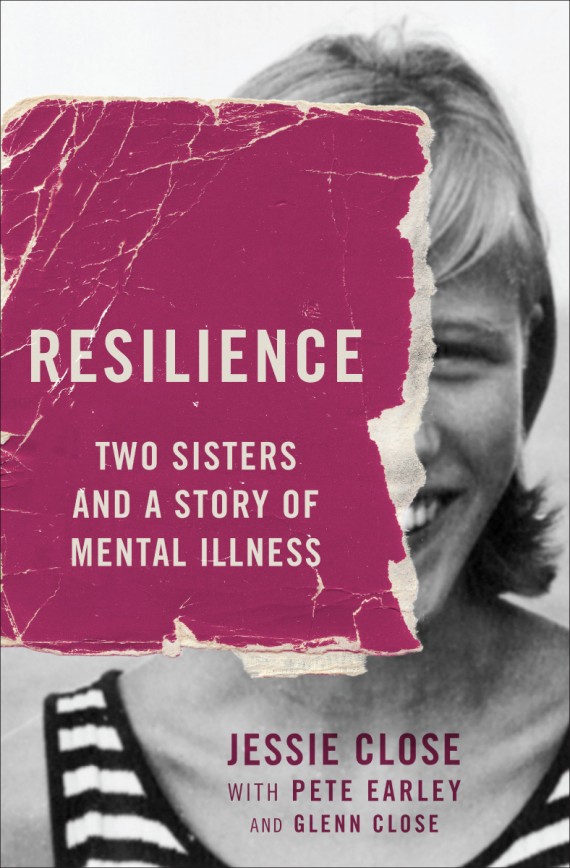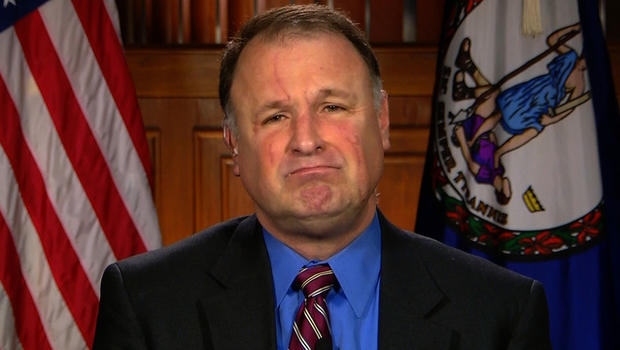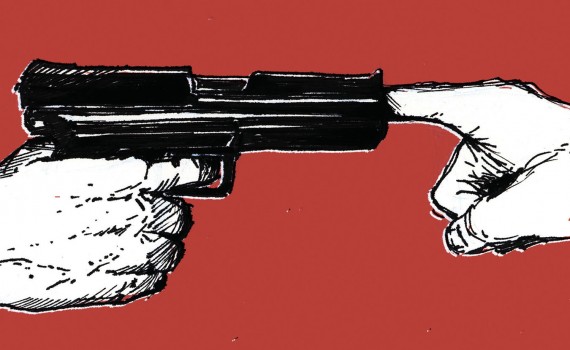
RESILIENCE: Two Sisters And A Story Of Mental Illness, the intimate memoir that I helped Jessie Close write is now available in paperback with a dramatic new cover!
It’s the brutally frank story about Jessie’s struggles with bipolar disorder and alcoholism, and her inspiring recovery. Her talented sister, Glenn Close, widely acclaimed as one of the finest and most versatile actresses in Hollywood, was instrumental in helping Jessie and her son, Calen, after he also was diagnosed. As most of you know, Glenn is a co-founder of the anti-stigma non-profit BringChange2Mind. As part of its campaign, it has produced two powerful Public Service Announcements for television. Glenn also generously wrote three personal vignettes for RESILIENCE which are included in both the hardback and just released paperback. She has graciously allowed me to reprint one of them. You can order the paperback edition of Jessie’s book here.
From RESILIENCE: Two Sisters and a Story of Mental Illness
By Jessie Close with Pete Earley and Glenn Close
Vignette Copyright by Glenn Close @2015 Used by permission
It’s strange how memory can distill something down to a single image and yet somehow that single image retains its power to invoke all the other senses. I realize now that my memory of my little sister, Jessie, when she was a child is a collection of images around which other sensations move in and out of my consciousness. Maybe that’s because, compared to most other families, our family has a shocking lack of pictures, especially throughout Jessie’s childhood and beyond. For the most part, at a certain point the pictures just stop. Hers is the only baby-picture book that remains painfully incomplete. Of course, Jessie was the fourth child, and our mother’s days were full of tending to three other kids, a herd of various pets, and a husband who came home from interning at Roosevelt Hospital in New York City only on weekends, if then. I treasure any pictures of us that were taken as we were growing up because they shine a light onto memories full of shadows. Without their validity and light—solid evidence surrounded by a solid frame—all is vague and mutable. So I will attempt to reconstruct a few memories of Jessie from images in my mind’s eye that I have carried with me all these years.







